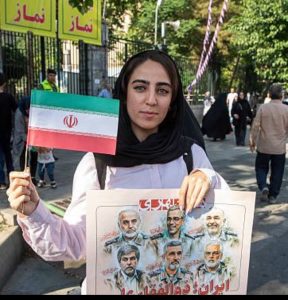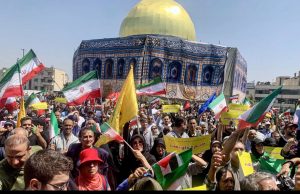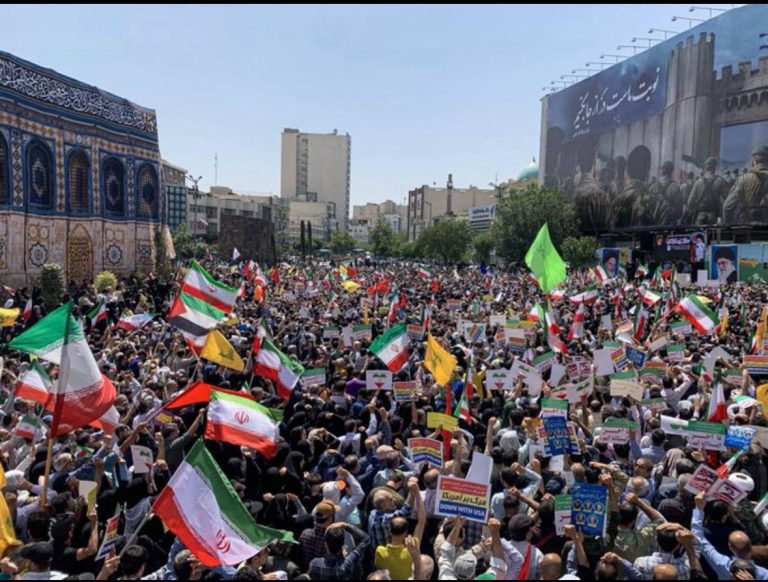In Tehran, the capital of Iran, the streets are filled with angry protesters. Hundreds of thousands of people have poured out in what has become one of the biggest public demonstrations in years. Many are chanting against Israel and calling for strong action from their government.
For the eighth day in a row, Israel and Iran are locked in a dangerous back-and-forth of missile strikes, raising fears across the world of a bigger war in the Middle East.
What began as rising tensions between the two countries has now exploded into daily military attacks. Both nations have launched missiles at each other, targeting strategic sites, but also putting civilians at great risk.

The Iranian government says its strikes are in response to Israeli aggression, while Israel insists it is defending itself. Each side blames the other for starting the conflict, and so far, no one seems ready to back down.

The international community is deeply worried. Countries around the world are urging both sides to stop the fighting before it spreads further and becomes uncontrollable. Some fear this could draw in other nations or trigger a wider regional war.
Meanwhile, everyday people in both Iran and Israel are living in fear schools have been closed, airports are on high alert, and emergency services are stretched thin.
This is a fast-developing situation, and the world is watching closely, hoping for a peaceful resolution before more lives are lost.

